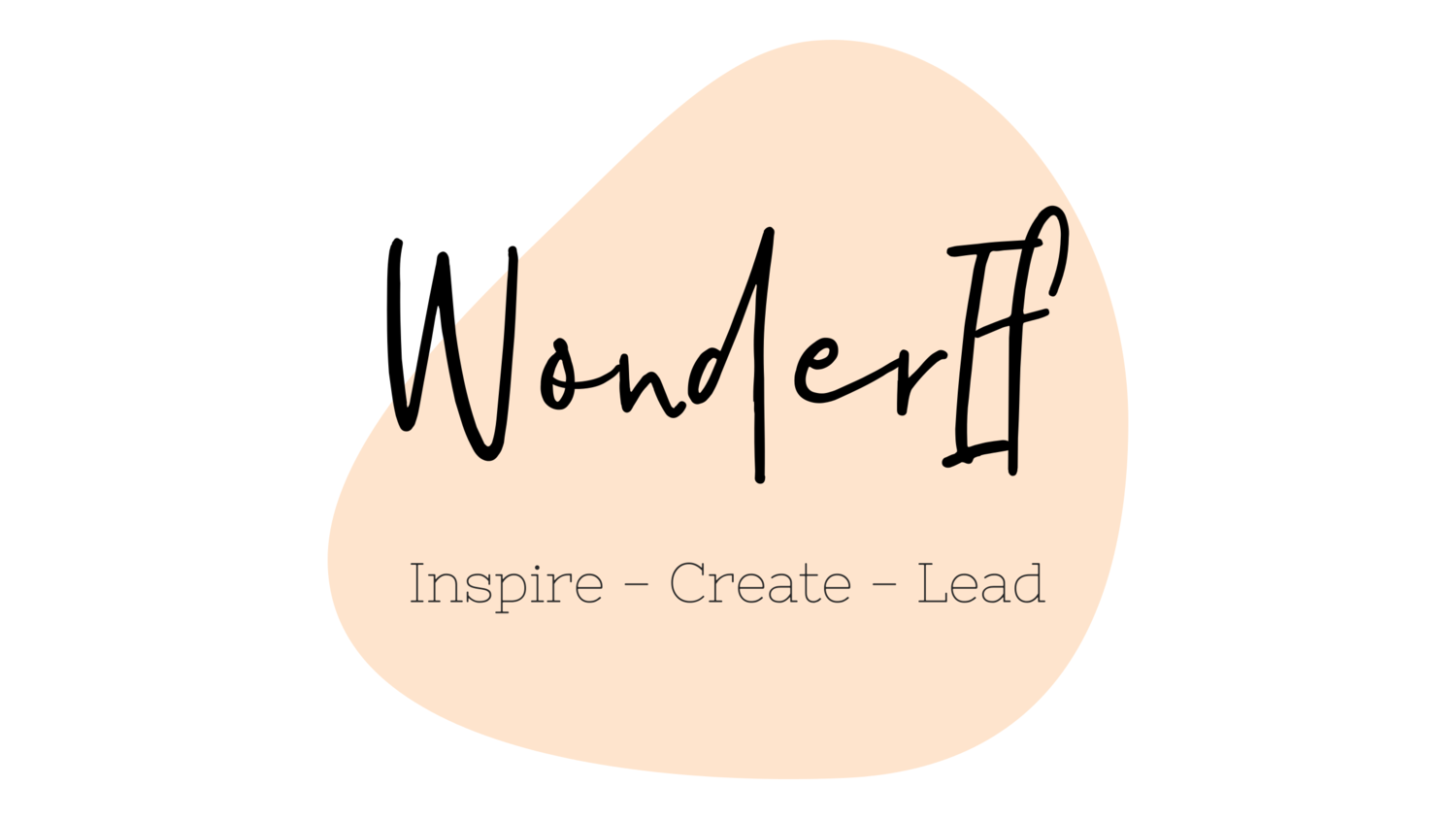
Future proofing your career
How can you future proof your career?
As you read this, careers are being developed that don’t properly exist yet. This isn’t meant to be philosophical but if you think back to even five years ago, there wasn’t an abundance of app developers, driverless car software engineers, podcast producers or telemedicine clinicians, but each of these are common careers in the UK. We are in what is described as the 4th Industrial Revolution and a recent report from NESTA, on The Future of Skills Employment in 2030, highlights that ‘one tenth of the UK workforce are in jobs that will likely grow as a percentage of the workforce but over one fifth of the workforce are in occupations that are likely to diminish’ (The Future of Skills).
We can’t completely future proof our careers but we can take steps to make ourselves as employable as possible. When you think about the role that you are currently / recently been in, you’ll note particular technical skills that you have mastered but what about the interpersonal, higher-order cognitive and system skills that you’ve been developing?
judgement and decision making
fluency of ideas and originality
active learning
problem solving
These are some questions to ponder over:-
What do I need and want to learn more about?
Technology moves at a pace and most companies now use IM to communicate with each other rather than email. Keeping up-to-date with the latest tech tools that your team and sector are using means that you are always keeping abreast of the latest trends.
Don’t just go-to your usual podcasts, TED talks or YouTube videos, listen and watch something new. Ask others what podcasts they are listening to at the moment, so that you can get personal recommendations and ideas for expanding your knowledge, you just might find something new that ignites a new interest for you!
The human dimension in the workplace, in my view will never diminish, but making sure that you continue to be curious and develop your creative thinking, communication and relationship skills will ensure that your interpersonal and higher cognitive skills are being flexed.
What are the trends taking place in your sector and how will these impact you?
Understanding the latest developments in your field means that you can adapt to changes in your sector by being proactive and ready rather than feeling like you are behind the curve and playing catch-up.
Automation & AI
You may find that the role you are in has moved towards automation. Point of sale contact less has meant that hospitality, travel and retail have changed significantly over the last few years. The advancement in AI is bringing tremendous benefits and seeing how you can augment aspects into your role (if possible) will be advantageous. Openness and up-skilling yourself to the advancements that are taking shape in your field will enhance your career potential.
Gig Economy
The gig economy, or platform economy, will continue to grow . Gig-workers are people who work independently and often only briefly contract with a company. Being a subject matter expert can be extremely beneficial to organisations who need the resource but only for a specific period of time.
Globalisation
Think global as you are not limited by your geographical location, it is possible to collaborate on projects and share best practice across the world. Look to the countries and companies that are innovators in your field and spot the trends and themes that are emerging. It is likely that if this hasn’t happened in your organisation yet, it no doubt will in the not to distant future. Could you be an early adopter in your firm and suggest how this could be implemented in your organisation? The other aspect of globalisation, is cultural communication and appreciating the importance of the language of communication. This is an area that I deliver training in and if you are interested in this then let me know.
3. What career possibilities can I create to sustain myself in this career or diversify into another?
Currently there are 5 generations in the workplace, and this generational richness creates career possibilities in terms of reverse mentoring and e-coaching. The opportunities to learn from each other shouldn’t be underestimated and we all have knowledge and experience that we can share.
Sustainability isn’t just thinking about what you do but also the way that you do it. Think about how you can improve the processes and systems in your organisation, for example; if you are in healthcare, are there quality improvement projects that you can initiate that your are interested in that will improve patient safety and overall care?
These questions may help to structure your thoughts so that you can create a plan that works for you.
| Learn about | Future Trends | Sharing your knowledge |
|---|---|---|
| What do I want to learn about? | What are the three main trends in your sector? | What skills do you have that you would like to share? |
| Prioritise your learning needs by writing down who you know or what you need. | What do you know about already and where are your gaps in knowledge? | Who can I support by sharing my knowledge and expertise? |

